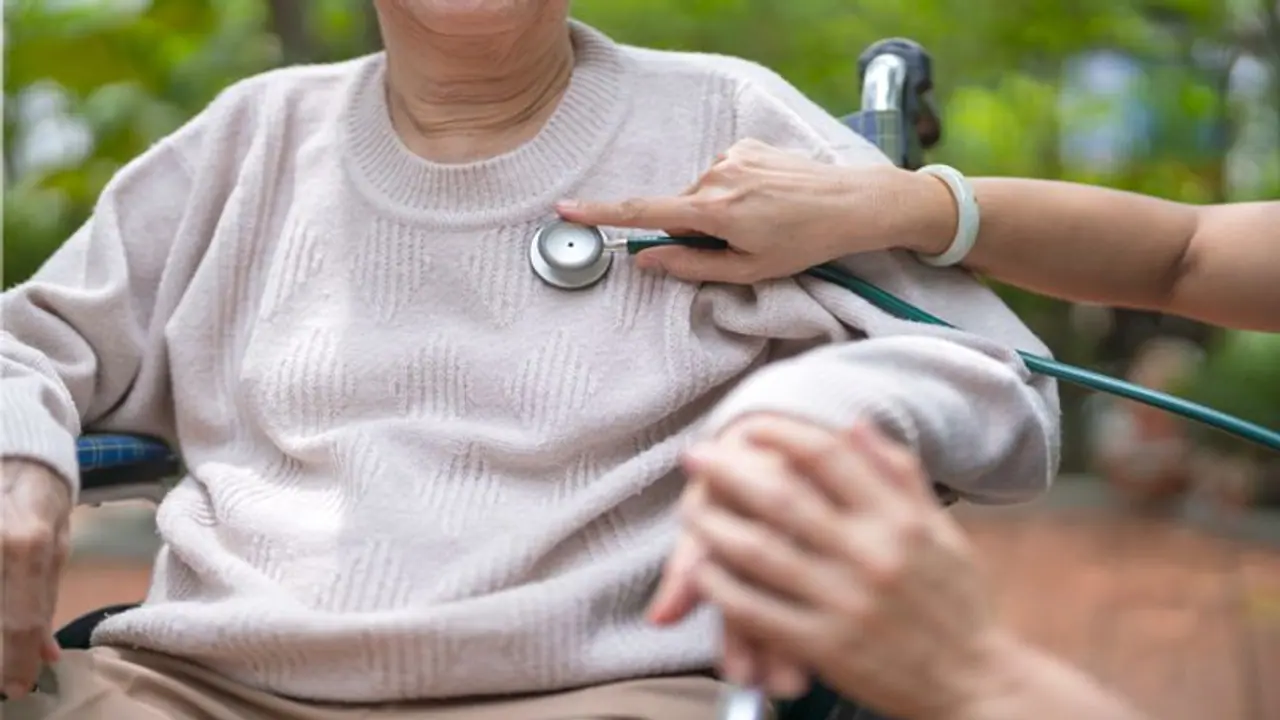Heart health checkups are essential at any point in your life, but once you cross 40, they get even more critical. Certain factors, like a family history of specific illnesses or issues, mean that you may have to get heart health checkups more often.

Doctors often say it is wise to get regular health checkups done. It is imperative if you suffer from any lifestyle issues that can impact your heart. Cardiovascular diseases have increased today; hence, prioritising your health and managing symptoms is essential. According to experts, Indians die due to heart-related issues 15 to 20 years earlier than their Western and Japanese counterparts. It is crucial to be aware of it, especially after the pandemic. There has been a sudden surge in the number of cardiac arrests and death, even in the younger individuals,” the doctor said, adding that it is essential that we understand and identify whether we are at risk of sudden cardiac arrest or coronary artery disease.
Also Read: STOP eating refined rice; Know how white rice can affect your heart
When should your blood pressure be checked? According to the experts, with every routine clinical visit to the doctor, irrespective of age, it is always wise to get your blood pressure checked and pulse checked; it is essential to get your blood pressure checked at least six to 12 months. The doctors also recommend adding a routine cardiac evaluation from the age of 40 should be done.
Patients with heart problems: If you have undergone angioplasty or bypass surgery, you must follow up with your doctor at least once in six months. A heart patient could lead an everyday life, and do all routine activities like climbing stairs, swimming, jogging or playing sports. But, before engaging in such activities, they should take permission from a doctor.
What does a routine cardiac evaluation entail? This routine cardiac evaluation would include the basic history, risk factor assessment, such as high blood pressure, diabetes, whether you smoke, drink, or take drugs, your lifestyle, sleeping patterns, and ECG HbA1c that’s glycosylated haemoglobin, which reflects the sugar level over the last three to four months.
ALSO READ: 5 ways to add spice to your long-distance relationship
